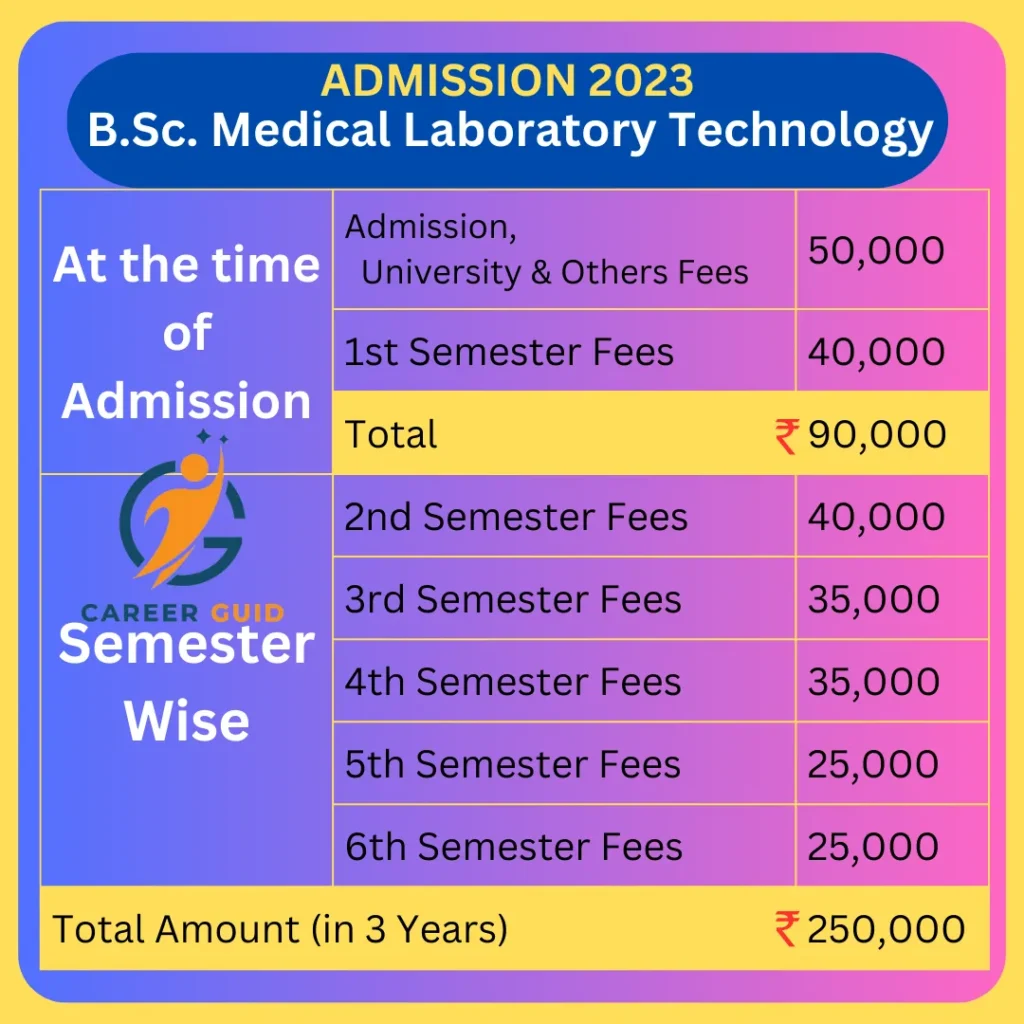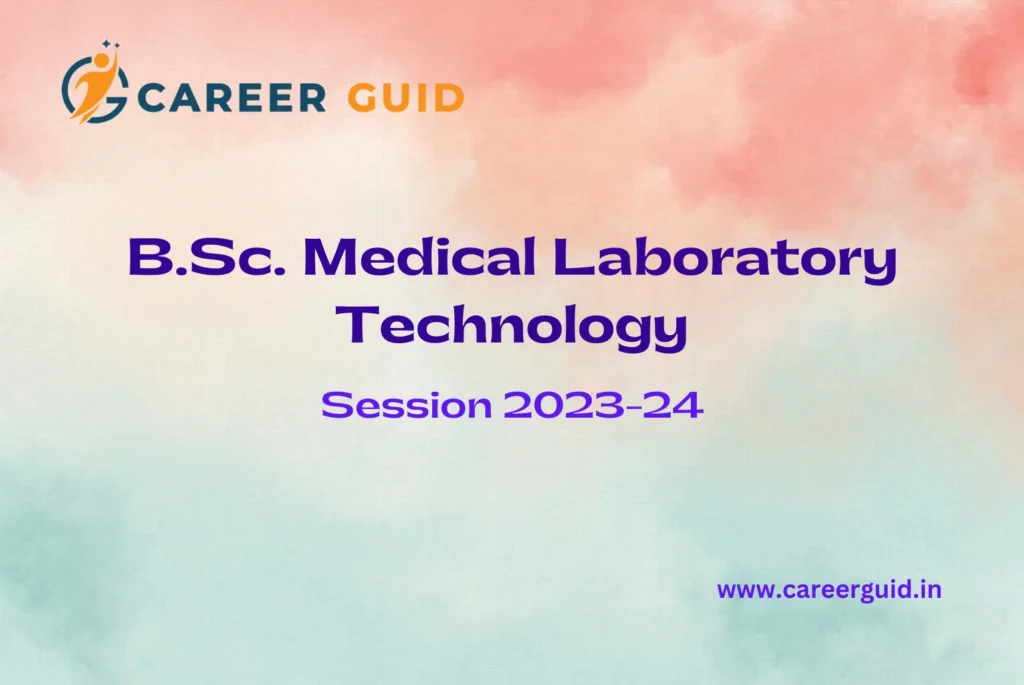
Introduction
The field of healthcare is constantly evolving, and one crucial aspect of the medical industry is medical laboratory technology. Pursuing a Bachelor of Science (BSc) in Medical Laboratory Technology equips individuals with the knowledge and skills required to excel in this vital profession. In this article, we will delve into the scope of BSc Medical Laboratory Technology and shed light on the diverse opportunities and exciting prospects that await graduates in this field.
Understanding Medical Laboratory Technology
Medical Laboratory Technology involves the analysis of patient samples to aid in disease diagnosis, monitoring treatment progress, and ensuring overall patient well-being. BSc Medical Laboratory Technology programs provide students with a comprehensive understanding of the various laboratory techniques, diagnostic procedures, and quality assurance protocols used in clinical settings. Through hands-on training and theoretical knowledge, students become proficient in performing laboratory tests, utilizing advanced equipment, and interpreting test results accurately.
Clinical Laboratory Settings
Upon completing a BSc in Medical Laboratory Technology, graduates can explore a range of professional opportunities. One of the primary career paths is working in clinical laboratory settings, such as hospitals, clinics, and diagnostic laboratories. Here, medical laboratory technologists play a vital role in conducting a wide array of tests, including blood tests, urine analysis, microbiological cultures, and histopathology examinations. They collaborate with healthcare professionals to ensure accurate diagnoses and contribute to patient care.
Research and Development
Another exciting avenue for B.Sc. Medical Laboratory Technology graduates is research and development. These professionals can contribute to scientific breakthroughs by working in research institutions, pharmaceutical companies, or biotechnology firms. They play a crucial role in experimental design, sample analysis, data interpretation, and the development of new diagnostic techniques or treatments. By staying at the forefront of technological advancements, medical laboratory technologists in research and development contribute to advancements in healthcare and drive innovation.
Academia and Teaching
Graduates of BSc Medical Laboratory Technology programs can also pursue careers in academia and teaching. They can work as educators in educational institutions, training future laboratory technologists. Additionally, they can engage in research activities, publishing papers, and contributing to the body of knowledge in the field. By sharing their expertise and mentoring aspiring professionals, they play a significant role in shaping the future of medical laboratory technology.
Advancement Opportunities
The scope of BSc Medical Laboratory Technology extends beyond entry-level positions. Graduates can seek career advancement through specialization and further education. By pursuing advanced degrees or certifications in specialized areas such as clinical chemistry, hematology, immunology, or molecular diagnostics, individuals can enhance their knowledge and expand their professional opportunities. Advanced roles, such as laboratory managers, quality assurance coordinators, or consultants, become accessible, providing higher responsibilities and increased earning potential.
Conclusion
The scope of BSc Medical Laboratory Technology is vast and offers a wide range of career opportunities in clinical settings, research, academia, and management. Graduates can contribute to patient care, scientific advancements, and the education of future professionals. With the continuous advancements in medical technology and the growing importance of accurate diagnostic testing, pursuing a BSc in Medical Laboratory Technology presents a promising and fulfilling career path that plays a vital role in modern healthcare.

